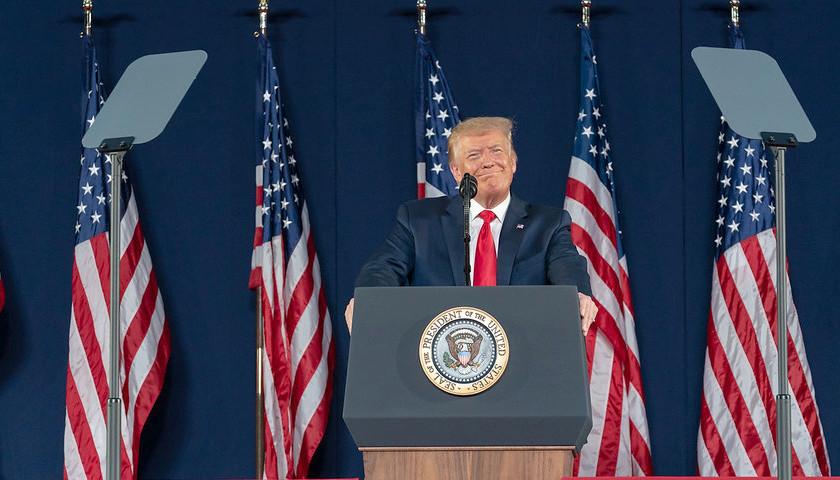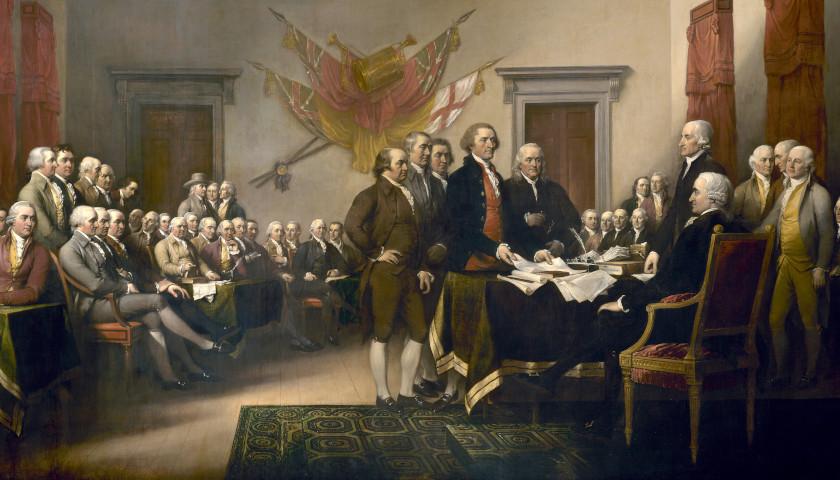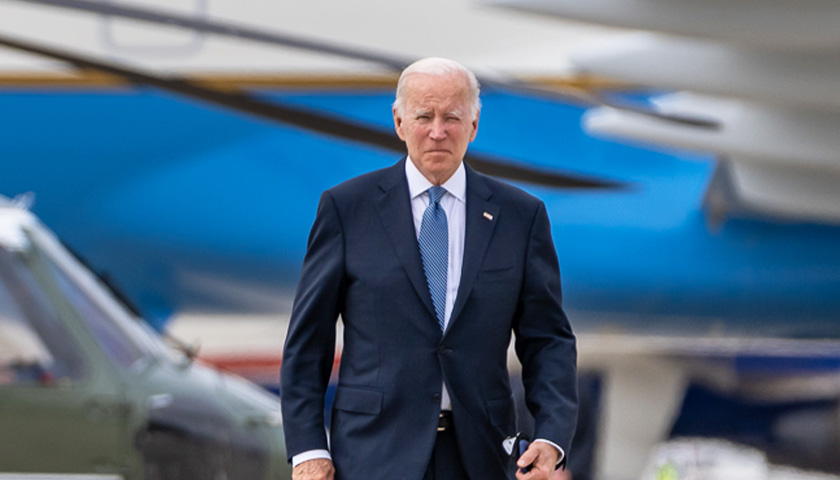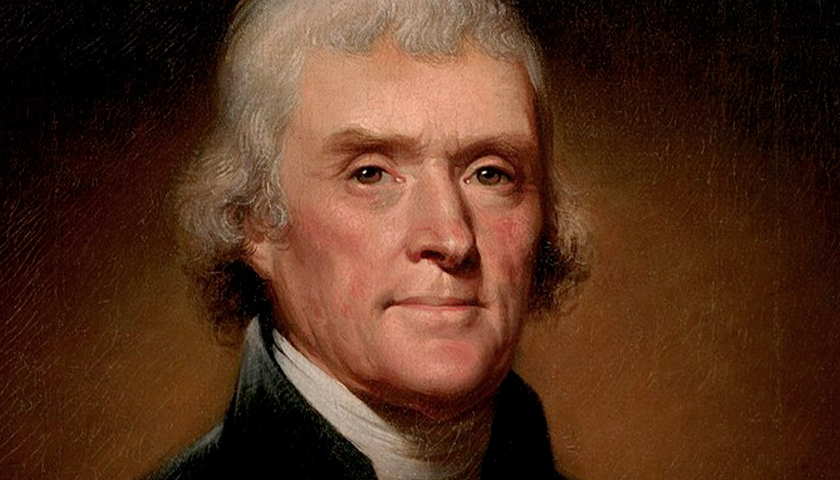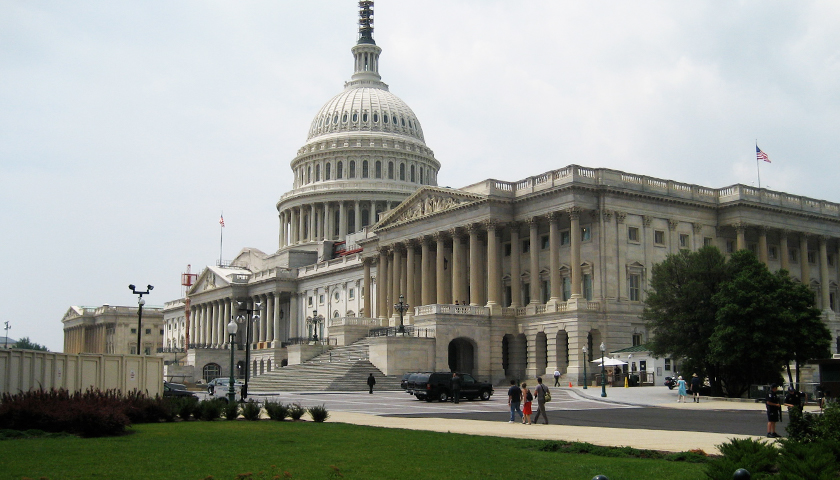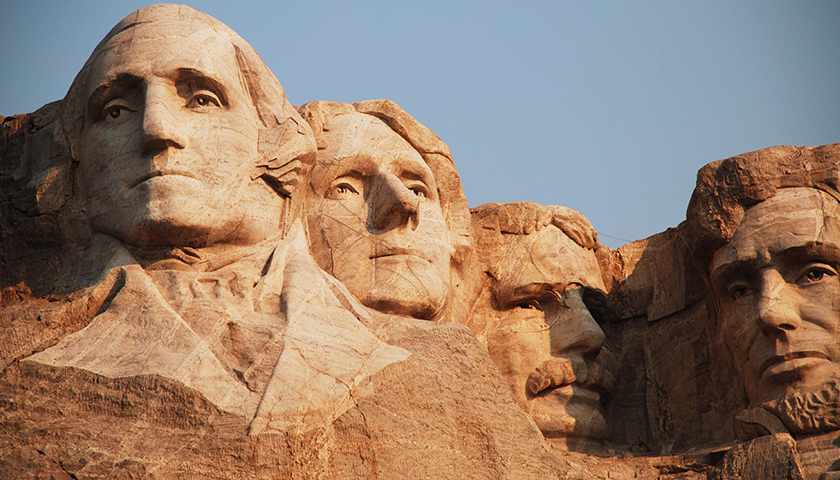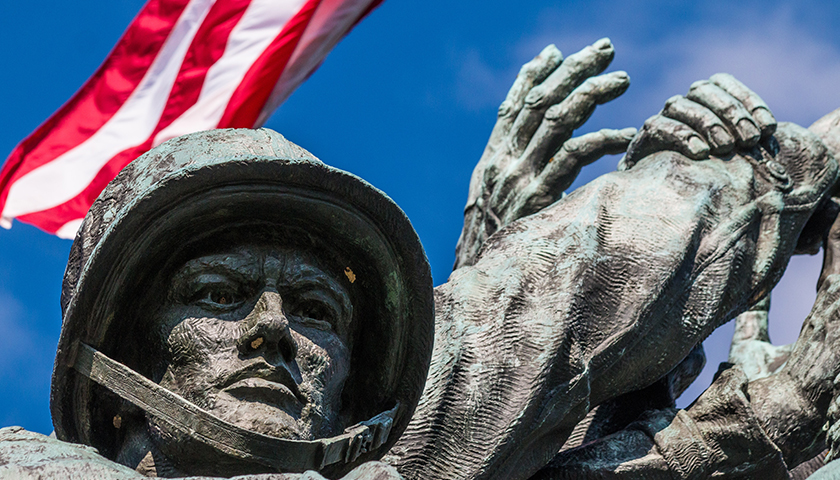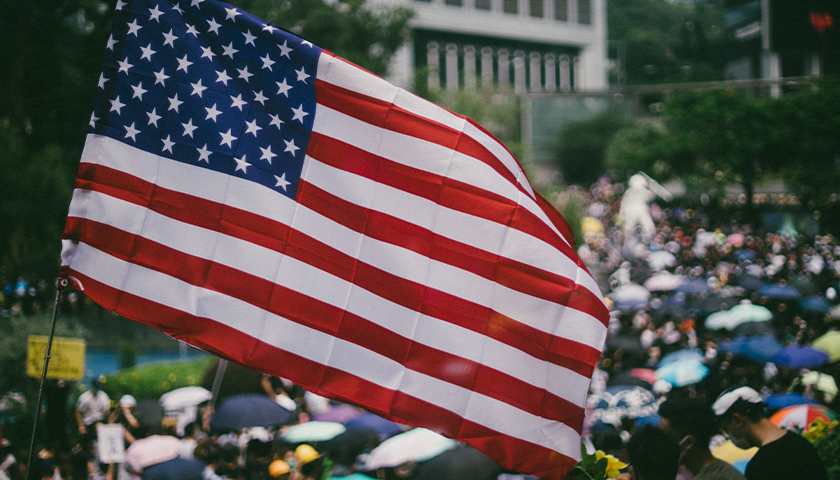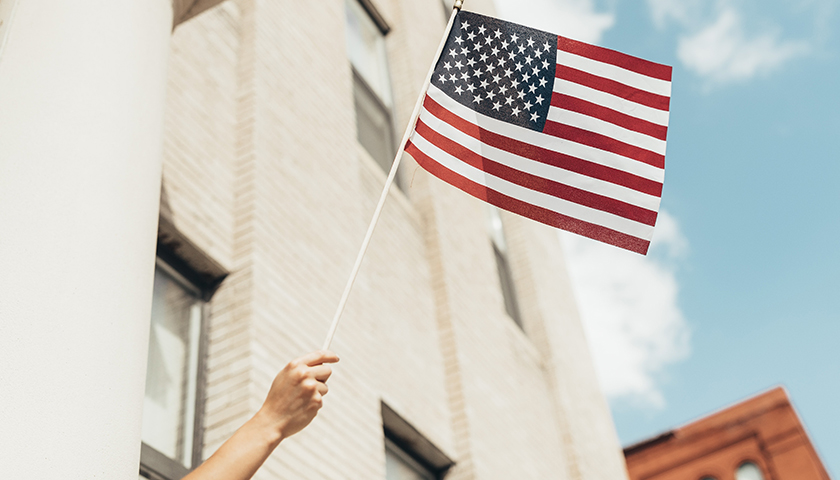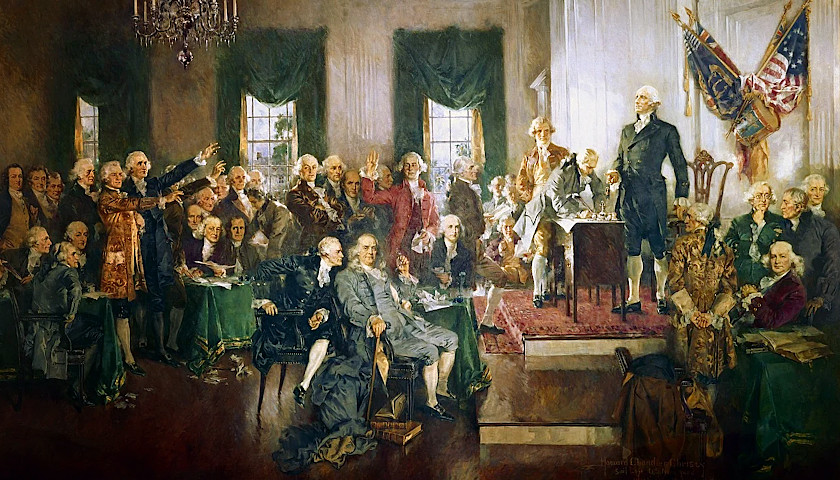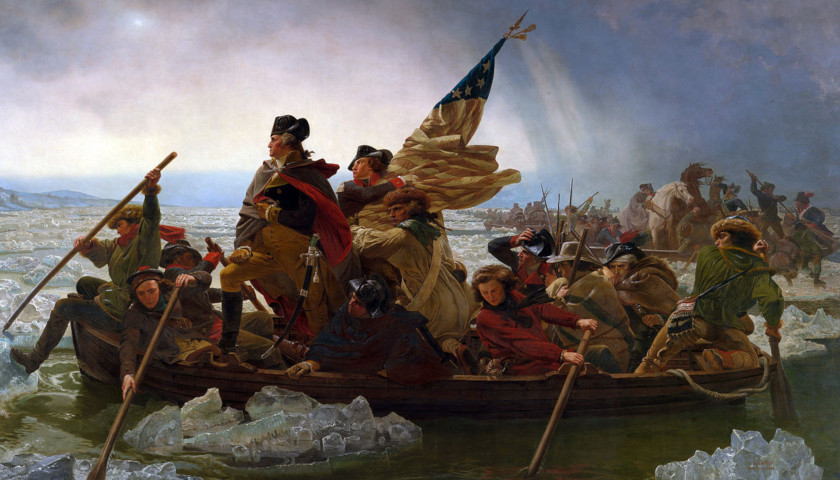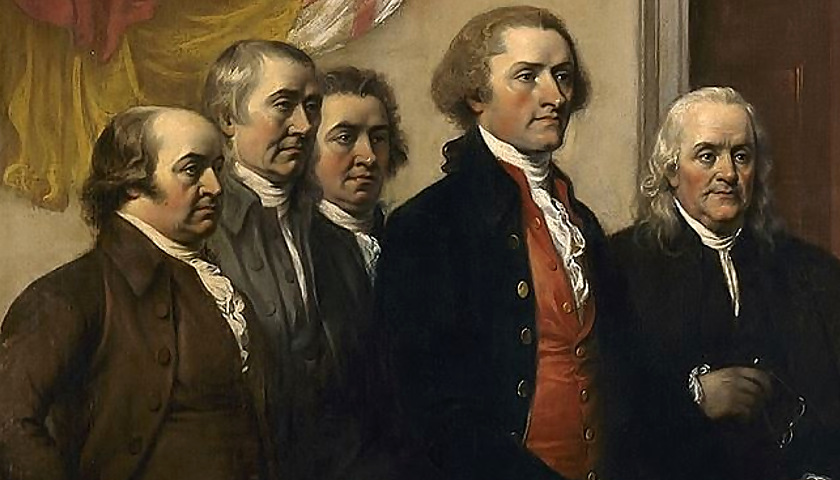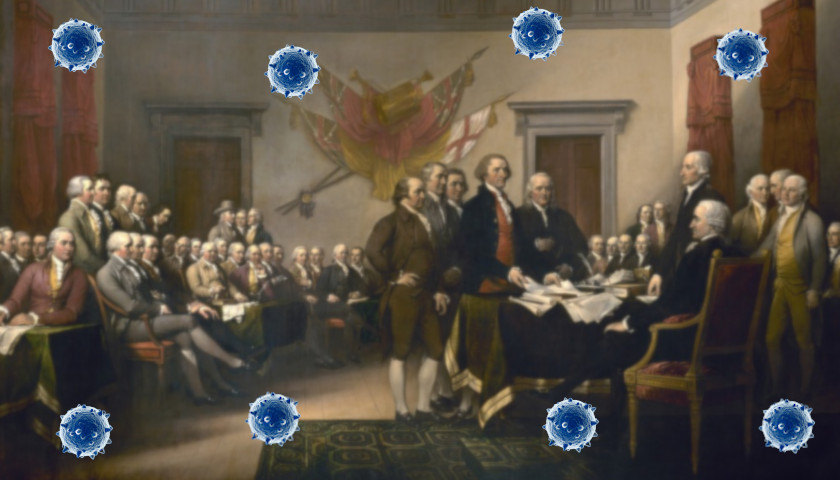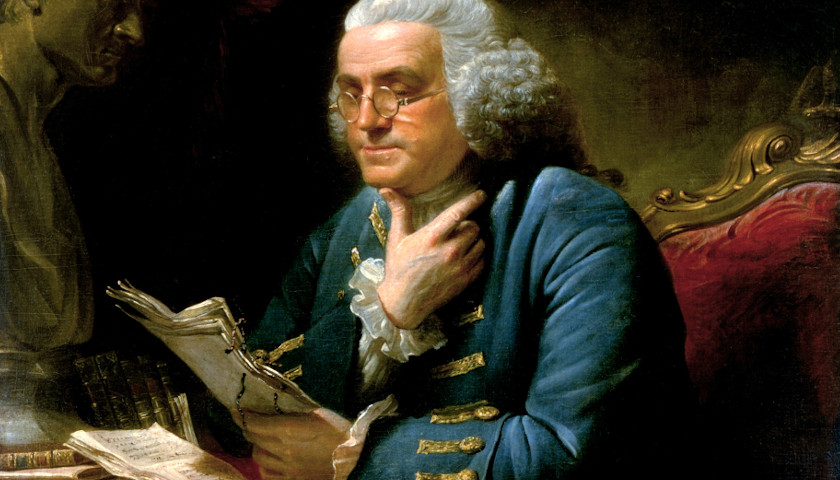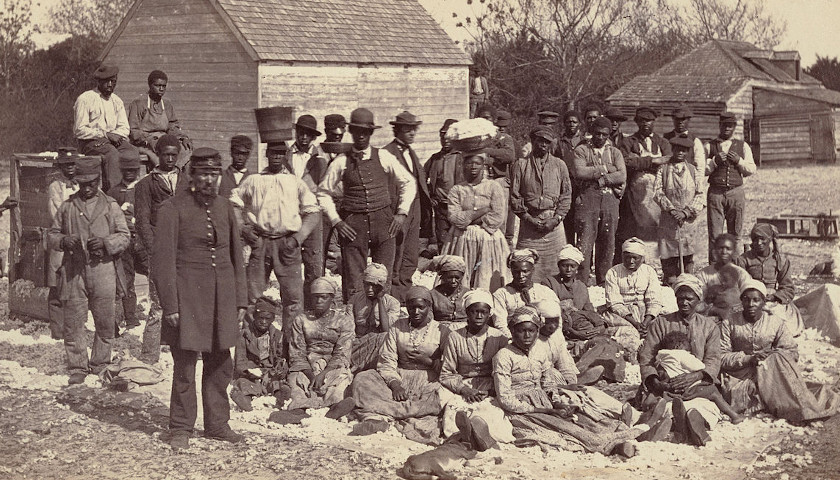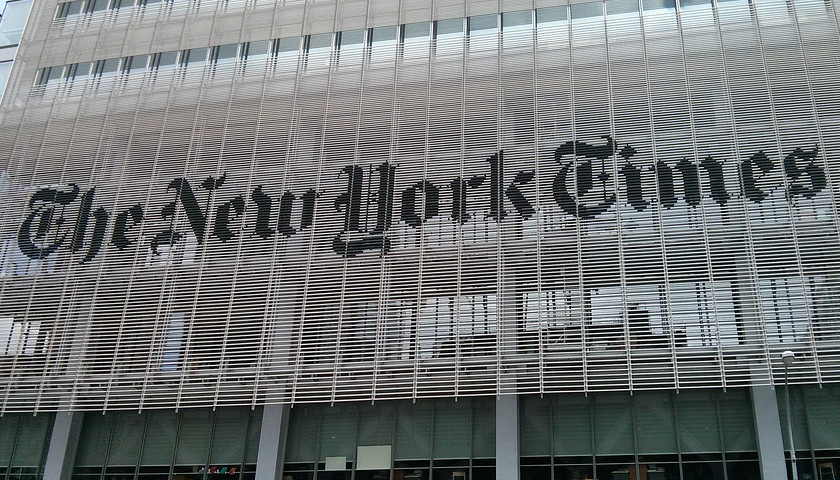The media has driven itself into a tizzy in recent days, claiming that despite serving as president of the United States (and being poised to reclaim that office in less than a year’s time), Donald Trump should not be granted the same kinds of immunity and executive privilege that every other chief magistrate enjoyed before him. Showcasing their ignorance of both the Constitution and history, the mainstream media has framed the concept as something of a novel innovation for President Trump’s lawyers, who are advocating for “broad immunity,” implying that no other presidential officeholder has ever made that claim. Nothing could be further from the truth.
Read MoreTag: Founding Fathers
Commentary: Gun Control Advocates Ignore What the Founding Fathers Really Thought
In all my years of existence, the Second Amendment of our Constitution has always been considered controversial. Opponents claim it is the cause of gun violence. Proponents assert that it helps guarantee freedom and safety.
Read MoreCommentary: It’s Time to Rediscover Our Roots as a Nation Founded as a Giant Middle Finger to Tyranny
Growing up in our house, Election Night was like the Super Bowl. We would stay up late into the night watching the returns. The 2020 election was no different. That night, I watched Donald Trump take state after state with ease. Then I watched as votes started to fluctuate, barely trickled in, and then, with only a handful of states to go, I watched as counting was halted altogether. A sinking feeling crept over me as I witnessed things I had never seen in my life.
Read MoreCommentary: The War on Thomas Jefferson
The final decision, after years of debate, was made on Oct. 8 to remove from the New York City Council chambers the statue of the man we all know to have been a dreaded slaveholder—to the tune of 600 over his lifetime—Thomas Jefferson.
Despite that, writing at Bari Weiss’s Substack, political science professor Samuel Goldman, with whom I concur, is less than happy.
“The removal is disgraceful. Unlike monuments to Confederate leaders that display them in full military glory, Jefferson is depicted as a writer. Holding a quill pen in one hand and the Declaration of Independence in the other, he is clearly being honored for composing an immortal argument for liberty and equality.”
Read MoreCommentary: Targeting Citizens for Expressing Traditional Values is a Hallmark of Tyranny
All my life I’ve felt a bond with places and with people.
Growing up in Boonville, North Carolina, population then about 600, I went to elementary school and the Methodist church, knew many of the merchants in town—Harvey Smith, grocer and mayor for many years, Donald the barber, Mr. Weatherwax who owned the pharmacy and was kind enough to let me read comic books on the premises, and a dozen more adults—and relished my friends and their families. Boonville’s red clay and rolling hills are as much a part of me as any genetic code.
Read MoreCommentary: How Progressives Rewrote American History
America’s Founders understood that political change is inevitable. They thought it must come about through constitutional mechanisms, with the consent of the governed, and must never infringe on the natural rights of citizens. Progressives – rejecting the idea that any rights, including the right of consent to government, are natural – accept no such limits. Progressivism insists that the principled American constitutionalism of fixed natural rights and limited and dispersed powers must be overturned and replaced by an organic, evolutionary model of the Constitution. Historical progress should be facilitated by experts dedicated to the expansion of the public sphere and political control – especially at the national level. As progressivism has grown into modern liberalism, the commitment to extra-constitutional “progress” is broadly shared across elite political, academic, legal, and religious circles. Politics is thus increasingly identified with a mix of activism, expertise, and the desire for “change.”
Read MoreCommentary: Understanding America’s History and Becoming United
Teachers, friends, and colleagues of mine from the Claremont-Hillsdale school (or “CHS,” after where most of us were trained, and many now teach) have spent years making a concerted effort to find common ground with fellow travelers on the Right who may be broadly understood as paleoconservatives.
I’m happy to say that, to a large extent, the effort has borne fruit. Many paleoconservatives have been published in the Claremont Review of Books and American Greatness, while many Claremont and Hillsdale scholars (myself included) have written for Modern Age and The American Conservative. There is more cross-pollination and friendly dealing today between the two groups than ever, with each side attending and speaking at the others’ conferences and so on. I think we’ve even learned from each other. I know I have. Exposure to paleo ideas has influenced my thinking on trade, immigration, and foreign policy, among other subjects.
My commitment, however, to the core tenets of the Claremont-Hillsdale school—which I consider to be nothing more (or less) than an attempt to understand Americanism, without any alterations or admixtures—has never shaken. That’s not to deny that I’ve become increasingly dismayed at the way this understanding of Americanism is often deployed, especially by what Charles Haywood of the excellent book review blog The Worthy House calls “the catamite right.” My own preferred term is “Cracker Jack Claremontism,” after the tiny comics that used to come inside the boxes of caramel corn. Too small for anything but a few pictures and words, and meant for little children, they had to convey a simplistic story very briefly.
Read MoreCommentary: A Critical Tool for Advancing and Defending International Religious Freedom
The United States recognizes religious freedom as an unalienable right and is committed to its advancement and protection for all.
As the world’s leading defender of the right to worship freely, the United States strongly condemns and holds accountable those nations and non-state actors who reject and violate this fundamental freedom.
In support of this mission, on May 12, 2021, the United States Department of State released the 23rd annual Report on International Religious Freedom as required by the International Religious Freedom Act of 1998 (IRFA). This report describes the status of religious freedom in every country, government policies violating religious beliefs and practices, and U.S. policies to promote religious freedom around the world. Each year, the report is presented to the U.S. Congress.
Read MoreCommentary: Championing America’s First Freedom
The right to worship freely is often called America’s first freedom. Our founding fathers understood religious freedom not as the state’s creation but as an unalienable right from God.
This universal right is enshrined in the First Amendment to the U.S. Constitution as well as the 1948 United Nations Universal Declaration of Human Rights, which states, “Everyone has the right to freedom of thought, conscience, and religion.”
Today, however, religious freedom is threatened or restricted entirely for millions of people around the world. Over 80 percent of the world’s population lives in countries with high or severe restrictions on religious freedom. In far too many places across the globe, governments and others prevent individuals from living in accordance with their beliefs.
Read MoreCommentary: Put the Woke Corporations to Sleep
Georgia finally enacted some laws to protect ethical voting. My American Spectator colleague, David Catron, refers to these laws as “election integrity laws” — and that is what they are.
“Jim Crow”? What on G-d’s Earth are the leftist Crazies talking about? What are the Leftists saying?
… that Blacks and Hispanics do not want election integrity?
… that Blacks and Hispanics, 158 years after slavery ended, do not have access to a photo ID?
… that Blacks and Hispanics, 158 years after slavery ended, cannot figure out how to vote honestly and need vote harvesters?
… that Blacks and Hispanics, 158 years after slavery ended, do not want integrity at the voting booth?
Read MoreCommentary: Taking Federalism Seriously
The Framers left us a Constitution that gives powers and authority both to the national government and to the states. But the Constitution does not systematically expound on the nature and extent of those powers, nor does it offer a clear-cut rationale for what the states are supposed to do beyond checking national power – a theoretical deficiency rooted in political reality.
Read MoreCommentary: Civic Virtues as Moral Facts Trying to Recover the Other Half of Our Founding
Until a half century ago or so, there was a moral consensus, however fraying, that informed and shaped the exercise of freedom in the Western world. The self-determination of human beings, of citizens in self-governing political orders, presupposed a civilized inheritance that allowed free men and women to distinguish, without angst or arduous effort, between liberty and license, good and evil, honorable lives and dissolute and disgraceful ones. Few would have suggested that liberty and human dignity could long flourish without a sense of moral obligation and civic spirit on the part of proud, rights-bearing individuals.
Read MoreCommentary: The Federalist Papers and ‘The Violence of Faction’
It has been said that the oldest word in American politics is “new.” Even the United States Constitution, by far the oldest written constitution in the world, was once new, and had to be defended against charges that it was an unnecessary and unrepublican innovation. The Federalist was keenly aware of the novelty of the Constitution’s enterprise—the attempt to establish “good government from reflection and choice”—but boldly turned it to account.
Read MoreCommentary: Reason, Emergencies, and Self-Government
As panic over the COVID-19 virus has gripped the country, the alarm has made it possible for many government officials to advance agendas that portend permanent accretions of power to themselves and diminution of others’ freedoms.
Read MoreSeventeen Benjamin Franklin Quotes on Tyranny, Liberty, and Rights
Americans remember Benjamin Franklin as one of our founders. That is fitting because he was not just our most famous citizen at our country’s birth, but he was also so much a central part of that birth that he has been called “The First American.”
Read MoreCommentary: What the Founders Actually Thought About Slavery
One of the ironies of the current American “elite” is that, rather than actually being elite, they have the smug self-assurance of knowing much that isn’t so.
Read MoreCommentary: Americans Have Almost Entirely Forgotten Their History
In America, we celebrate democracy and are justifiably proud that this nation was founded on the idea that the people should rule.
Read MoreCommentary: What Our Founders Really Thought of Slavery—and Why The New York Times Is Wrong
For those who want to fundamentally transform our nation, the first order of business is to thoroughly discredit our past.
Read MoreAmerican Inventor Series: Benjamin Franklin, American Printer
Before anything else, Benjamin Franklin was a printer. It’s difficult to imagine now, but printing was a strenuous trade in Franklin’s time, requiring late hours, heavy lifting of various lead types, and long shifts operating the manual presses. Franklin, however, loved to read, which suited him well in his career as a printer.
Read More
